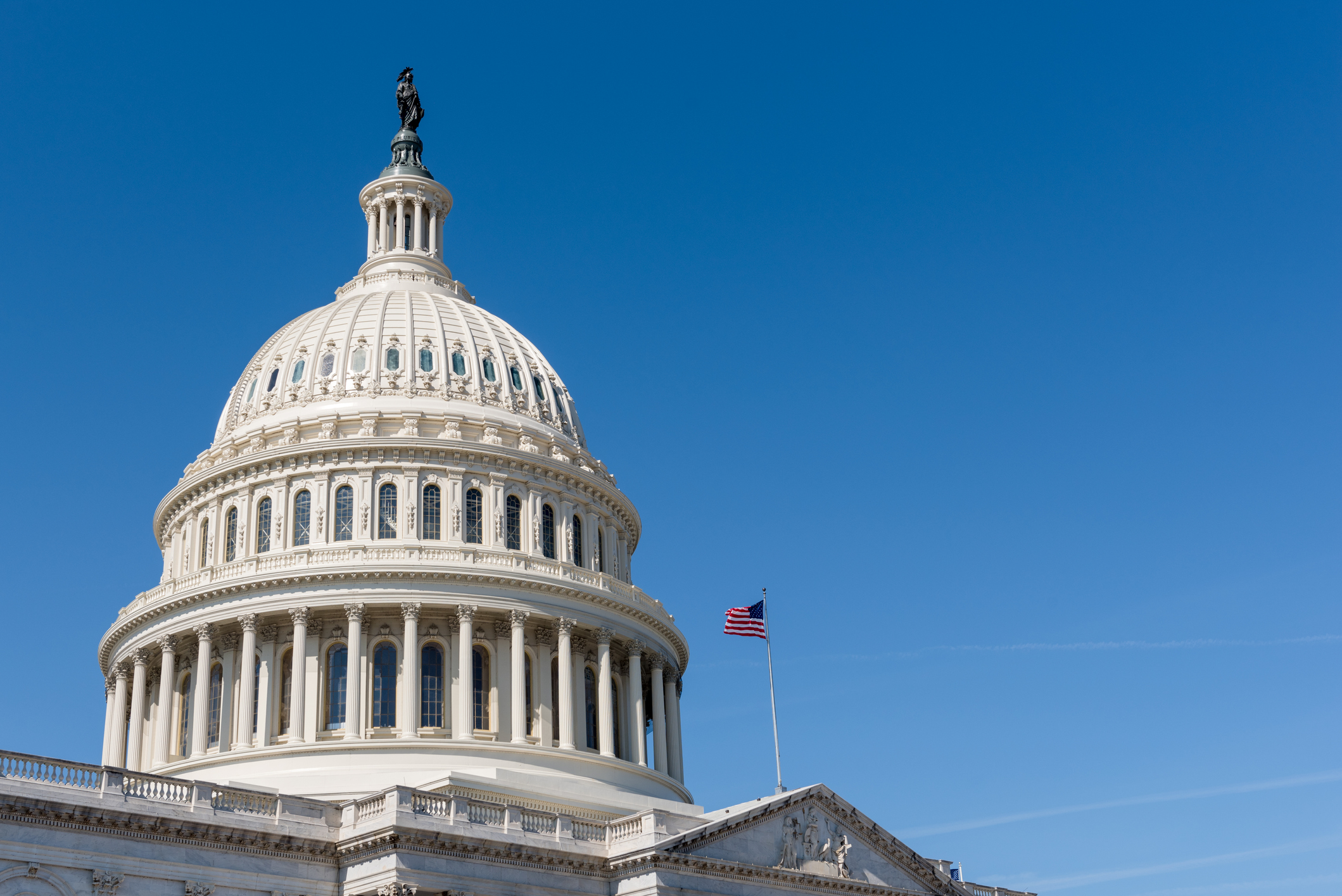New Federal Legislation Aims to Eliminate Tax Write-Offs For Contributions to NIL Collectives

By: Gregg E. Clifton and David Kern
The emergence of “collectives” in the world of Name, Image, and Likeness (NIL) has raised the question of whether these entities seeking 501(c)(3) status from the Internal Revenue Code of 1986, as amended (the “Code”) are actually public charities and if donations to these collective entities should be considered tax-deductible. Collectives are groups of boosters that contribute to the collective entity that is created to provide NIL opportunities for student athletes. They pool financial resources and direct funds to student athletes for payment for the use of their NIL.
While the IRS has formally recognized the initial charitable, tax-exempt status of several collectives pursuant to Code section 501(c)(3), new bi-partisan legislation introduced in Congress would eliminate the potential consideration of this option. The proposed legislation would prohibit individuals, organizations, and collectives from using charitable tax deductions for designated contributions that compensate collegiate student athletes or incoming collegiate athletes for the use of their NIL. The legislation – known as the Athlete Opportunity and Taxpayer Integrity Act – was introduced by Senator John Thune (R.-S.D.), the ranking member of the Subcommittee on Taxation and IRS Oversight, and Senator Ben Cardin (D.-Md.), a member of the same Subcommittee.
In explaining the purpose of his proposed legislation, Senator Thune noted, “College athletes have the ability to benefit from opportunities related to their own name, image, and likeness, but outside organizations and collectives should not be able to write contributions off their taxes that are used to compensate athletes.” He continued, “This common-sense legislation would prohibit these entities from inappropriately using NIL agreements to reduce their own tax obligations. These basic taxpayer guardrails would protect athletes, strengthen NIL, and uphold the responsible stewardship of taxpayer dollars.”
Senator Cardin added, “In this new NIL era, we want to ensure that the opportunities available for student athletes to benefit from their own name, image and likeness are protected. We also have an obligation to protect taxpayer funds, which means that charitable deductions should be reserved for charitable activities. Purposefully blurring the line between private expenses and charitable contributions dilutes both these efforts.”
Both senators asserted that the collective models created since the creation of NIL rights that result in payment to current and incoming college athletes to entities claiming 501(c)(3) charitable status to make those specific contributions tax deductible, is inconsistent with the intended purpose of the charitable tax deduction. Moreover, the model forces taxpayers to subsidize the potential recruitment of – or payment to – college athletes based on their NIL status.
